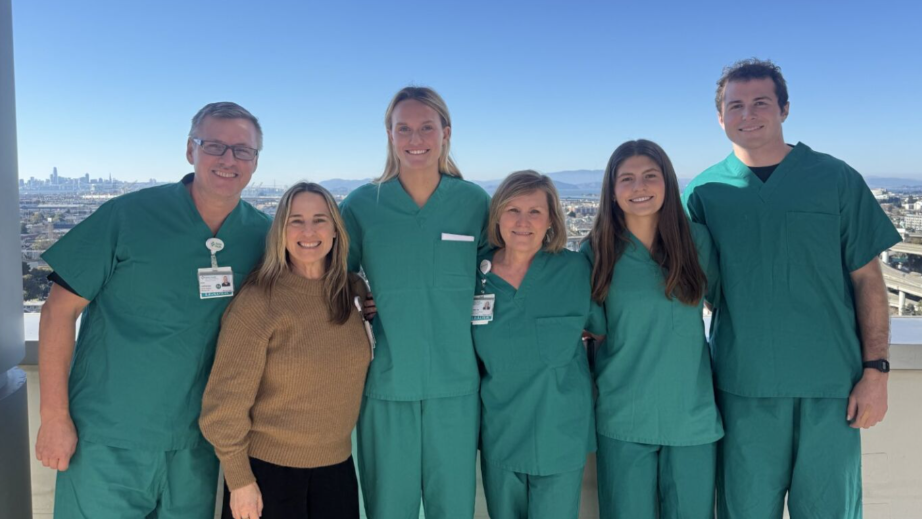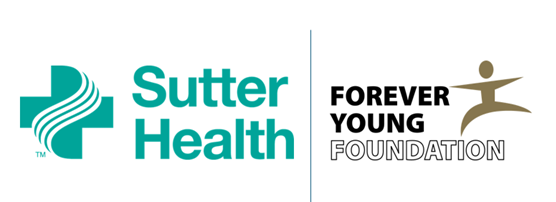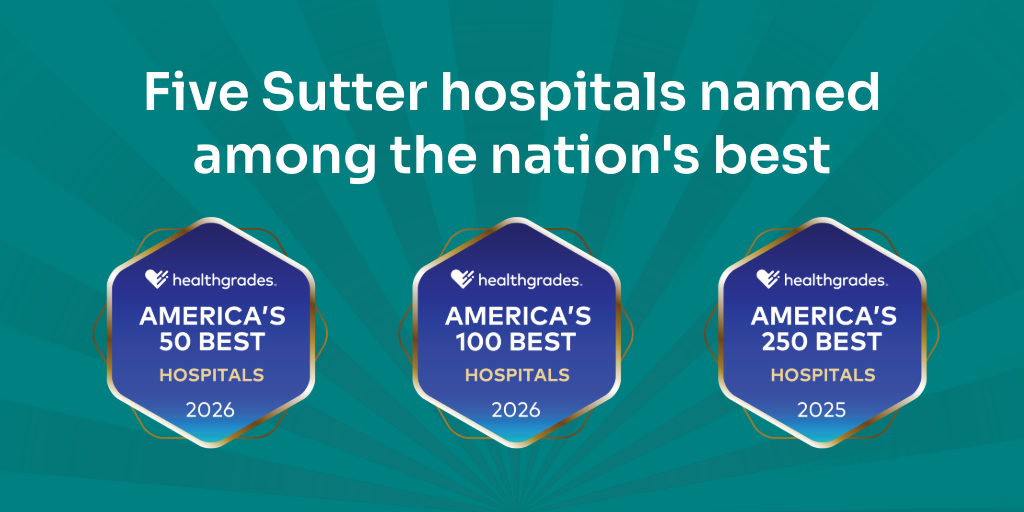Sutter Health Researchers Help Secure Nearly $70 Million NIH Grant to Advance Landmark Study on Healthy Aging
SAN FRANCISCO – Sutter Health announced today researchers at its Sequoia Center for the Science of Aging will receive $21 million from a $67.7 million grant awarded by the U.S. National Institutes of Health (NIH). The remaining $46.7 million will be distributed among other partner organizations. This funding supports continuation of the Study of Muscle, Mobility, and Aging (SOMMA), which explores the biological processes behind aging and the mobility challenges that come with it.
SOMMA, one of the largest international, multi-site studies of its kind, was the first to discover how biological changes in our cells impact aging. The study’s goal is to find ways to help us preserve strength and physical independence as we age.
In 2018, recognizing the need for more research on healthy aging, the NIH began funding SOMMA. The new grant will allow Sutter researchers to continue this critical work for another five years.
“Aging is a major risk factor for chronic diseases such as cancer, stroke, type 2 diabetes and heart disease,” said Dr. Steven Cummings, director of Sutter’s San Francisco Coordinating Center (SFCC) and its Sequoia Center for the Science of Aging. “We anticipate the continuation of this large, first-in-kind study will uncover ways to help older adults maintain physical independence as they age.”
Cummings and Sutter research collaborator Dr. Peggy Cawthon said the new funding will also help recruit and support faculty and fellows, expanding Sutter’s Sequoia Center for the Science of Aging. The grant will better position Sutter clinicians in putting SOMMA’s research findings to work, improving care for aging patients.
Key Findings from SOMMA
NIH funding, along with support from Sutter’s California Pacific Medical Center donors has helped advance a new understanding of human aging:
- Mitochondria are the powerhouses within cells that provide the energy needed for everything the body does. Mitochondria function declines with aging. SOMMA found these declines are associated with weakness, slower walking, poorer fitness and greater likelihood of numerous health conditions. The good news: mitochondria and their energy production can be maintained by regular exercise, particularly aerobic exercise.
- SOMMA also introduced a new, more accurate measurement of muscle mass to show how muscle mass decreases with age and how this decline impacts strength and physical function.
Shaping Care for an Aging Population
By 2050, the number of Americans over 85 years old is projected to triple, and the number of adults with three or more chronic conditions is projected to nearly triple by 2030, even as the physician workforce shrinks.
“Sutter Health, a leader in healthcare quality, is well positioned to tackle these challenges. Our teams are innovating to provide highly coordinated, comprehensive care for older adults while expanding our capacity to serve more patients,” said Dr. Conrad Vial, Sutter Health Network President. “We focus on prevention, proactive chronic disease management, seamless transitions in care, and broader, equitable access to advanced specialties. Research at Sutter bolsters our ability to support seniors in maintaining their health and independence.”
Advancing Healthy Aging and Longevity
Sutter has long been at the forefront of aging and longevity research. Since 1999, its Longevity Consortium—funded by the National Institute on Aging to foster collaboration among longevity researchers across the U.S.—Sutter’s Sequoia Center for the Science of Aging and the SFCC bring together experts from various disciplines, including genomics, biostatistics and clinical research to understand genes associated with human aging and longevity.
“With this new funding, Sutter Health—a community health system elevating scientific excellence and championing healthy aging research beyond what’s possible at academic medical centers—can make a significant impact in research and clinician-scholar training that will inform and enhance patient care as our communities age, helping reduce the health ramifications and costs that impact our organization and the healthcare system more broadly,” said Dr. Christopher Woods, Chief Medical Director of Research and System Science at Sutter Health.
About Sutter Health
Sutter Health is a not-for-profit healthcare system dedicated to providing comprehensive care throughout California. Committed to health equity, community partnerships, and innovative, high-quality patient care, Sutter Health is pursuing a bold new plan to reach more people and make excellent healthcare more connected and accessible. Currently serving nearly 3.5 million patients, thanks to our dedicated team of more than 57,000 employees and clinicians, and 12,000+ affiliated physicians, with a unified focus on expanding care to serve more patients.
Sutter Health delivers exceptional and affordable care through its hospitals, medical groups, ambulatory surgery centers, urgent care clinics, telehealth, home health, and hospice services. Dedicated to transforming healthcare, at Sutter Health, getting better never stops.
Learn more about how Sutter Health is transforming healthcare at sutterhealth.org and vitals.sutterhealth.org.





